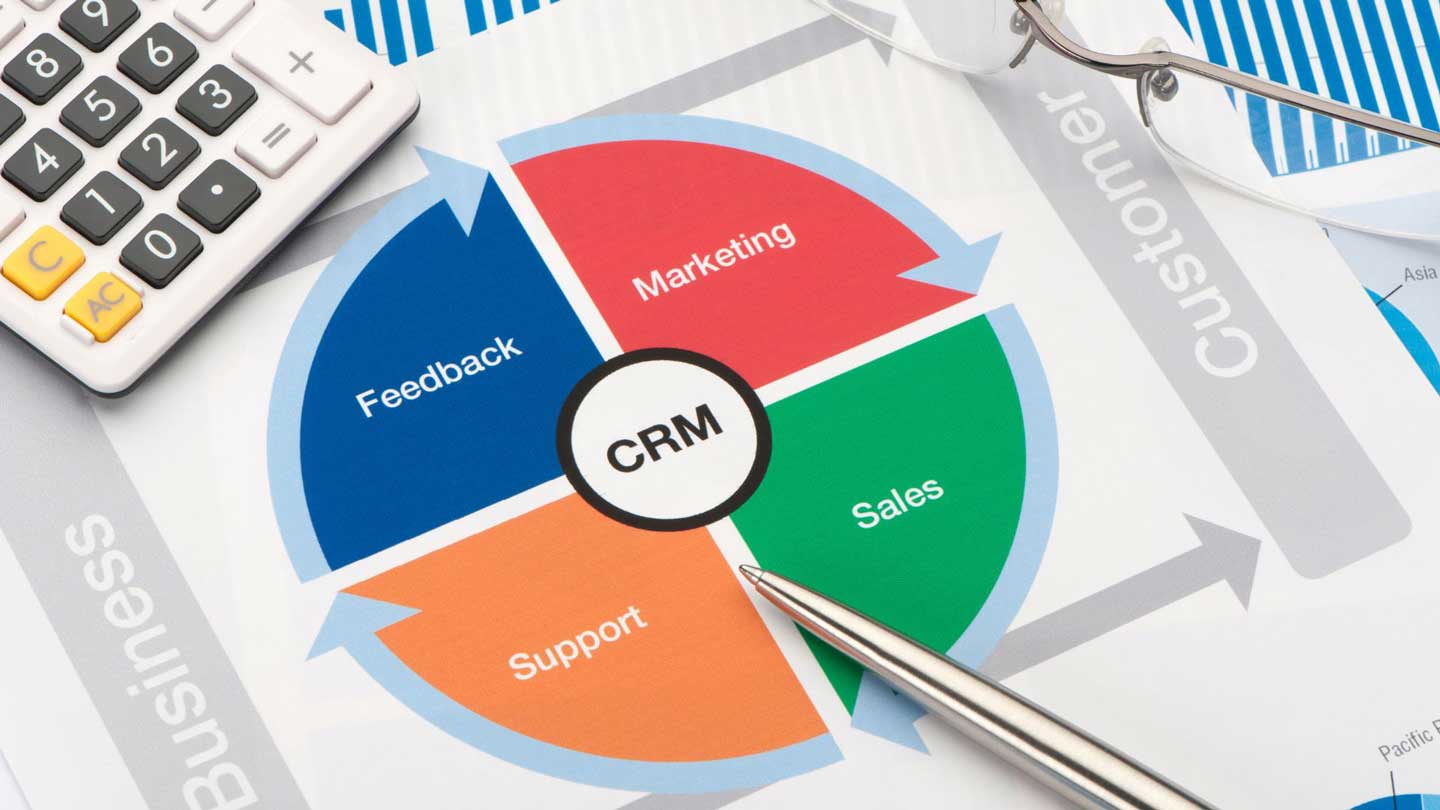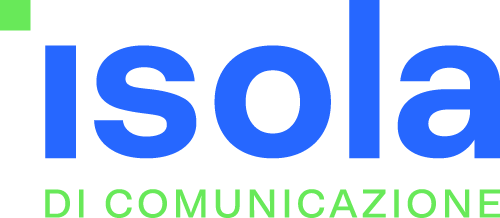A company’s success inevitably brings with it increased demands from customers, and soon a higher level of communication and relationship management becomes necessary to meet their expectations.
To maintain quality service, hiring more team members to cope with demand might be a strategy. However, as most companies testify, people alone are not enough to effectively manage customer relationships.
Customer relationship management (CRM) software is the ideal solution for companies that want to monitor, optimize, and improve interactions with current and potential customers.
Whether you already know detailed aspects of CRM software or are new to it, it is important to determine whether it is a worthwhile investment before making a decision.
You’re wondering. Why do I need a CRM?
This article explains:
- what is a CRM software
- Why you might need a CRM for your business.
- The main features and benefits of CRM
- How to invest in the right CRM
What is a CRM software – Customer Relationship Management
CRM software provides business managers with the oversight and insight they need to make informed decisions about customer communications and customer data management.
It also allows you to automate and optimize activities such as forecasting, email and social media marketing, customer care, and more.
Companies that implement CRM software in their operations prioritize customer satisfaction as a key parameter, resulting in faster resolution of customer service issues, increased sales, and improved Customer Lifetime Value (CLV).
This is because the use of a CRM allows potential customers to be cultivated into loyal customers or even enthusiastic brand advocates, all managed from a single interface.

Why do I need a CRM system for my company?
For a company that still uses a manual customer management system, such as a spreadsheet, keeping track of several dozen inquiries a day or sales cycles that last more than a week would be too difficult.
And this is without considering the interactions between a potential customer and the company’s various representatives in marketing, sales, and service departments.
A CRM system does most of this work, serving as a central platform that connects relevant departments and organizes activities, notes, and metrics in one streamlined system.
Most CRM programs also interface directly with communication tools such as e-mail and calls to monitor the customer relationship from first contact through after-sales service.
In addition, in a CRM system, all authorized users have direct, real-time access to the customer data they need. This facilitates better coordination between different departments and teams and even allows for personalization of individual customer experiences on occasions such as birthdays, annual holidays, or steps in the online sales process.
Moreover, with the growing popularity of cloud-based CRM platforms, CRM has become more affordable, accessible , and easy to implement than ever before.
So if you are considering introducing a CRM in your company, we can say that it is almost impossible to manage the processes inherent in customer relations without it. Your competitors are probably already using such software to their advantage.
The benefits of CRM software
As anticipated, CRM software helps improve customer relationship management and thus the optimization of workflow and time to process requests.
Let’s discover in detail the features of a CRM that result in outstanding benefits:
- customer history overview
- Custom dashboards and reports for process analysis
- analytical tools provided or integrated
Overview of customer history to schedule all steps
When the number of customers to be managed each day reaches significant numbers, keeping track of individual deadlines and the various steps in the customer journey is impossible without software that consolidates all relevant information in one place.
A CRM system allows salespeople to start creating a timeline of their interactions with customers once they enter the sales cycle, and to schedule reminders or follow-up dates so they don’t forget anything.
Customized dashboards for easy process analysis
With CRM software,process and pipeline analysis is made possible through a central dashboard and reporting capabilities that allow for customization to meet analysis needs.
Custom dashboards and reports allow the user to view CRM data the way they want, as well as provide real-time previews that can be automatically scheduled and shared with the team.
Analytical tools to monitor business performance
Analytical tools provided by or integrated with CRM systems can help develop an overview of business performance. CRM platforms centralize customer data for access by relevant personnel, taking information from e-mail, social media, websites and phone calls.
In addition, CRM analytics tools enable the identification of patterns and trends, extracting key data to understand customers and develop accurate profiles.
For example, individual information, such as spending habits in an e-commerce marketplace, can be used to predict when a customer is likely to make the next purchase. From there, the company can decide whether to send an SMS or e-mail to encourage the customer to take an action that will result in a purchase.
You can learn more about business automation with our article: Marketing Automation and CRM!
How to invest in the right CRM
CRM systems are undoubtedly an effective resource for better managing business processes related to customer relations.
However, some CRM software is often designed for hundreds or even thousands of customers and therefore can be burdensome small businesses or start-ups in the early stages of growth, either in terms of cost or the size of the current workforce and customer base.
The truth is that the right CRM can empower any growing company that chooses a system tailored to its specific needs.
However, while it is generally a valuable resource for automating tasks and tracking sales cycles, a CRM system will only bring value to companies that are able to fully utilize all available features.
If you are actively looking for a new CRM solution, are unhappy with your current software, or are wondering, “How can I leverage the potential of a CRM?” our team of consultants can point you in the right direction.
Contact a member of our team today to begin the journey toward a customized implementation of your new CRM solution!






